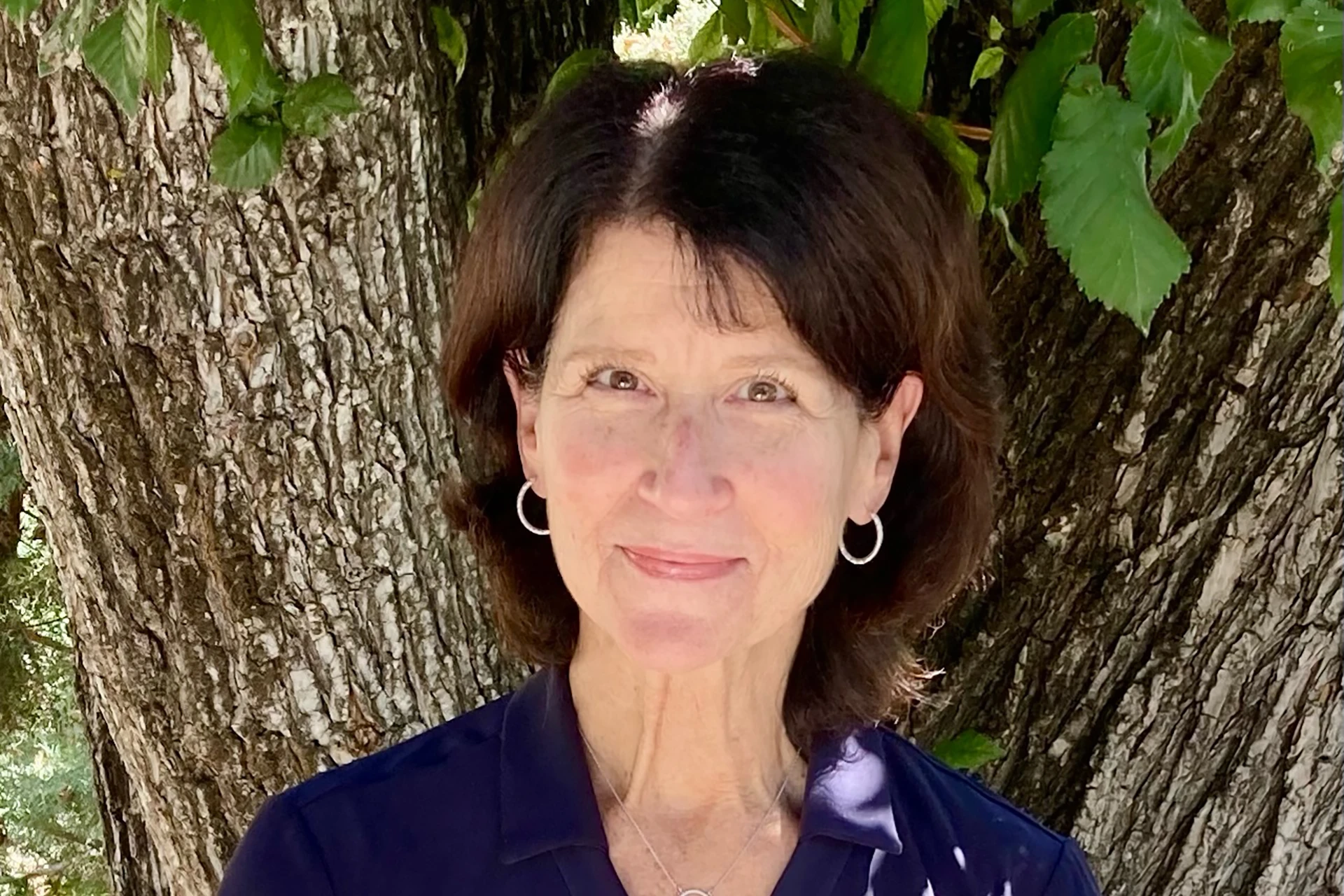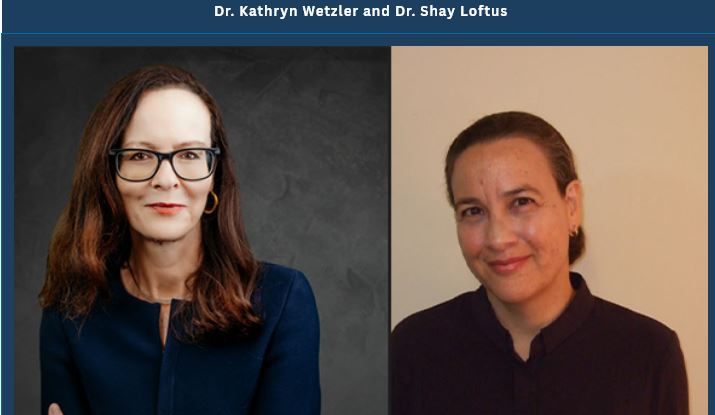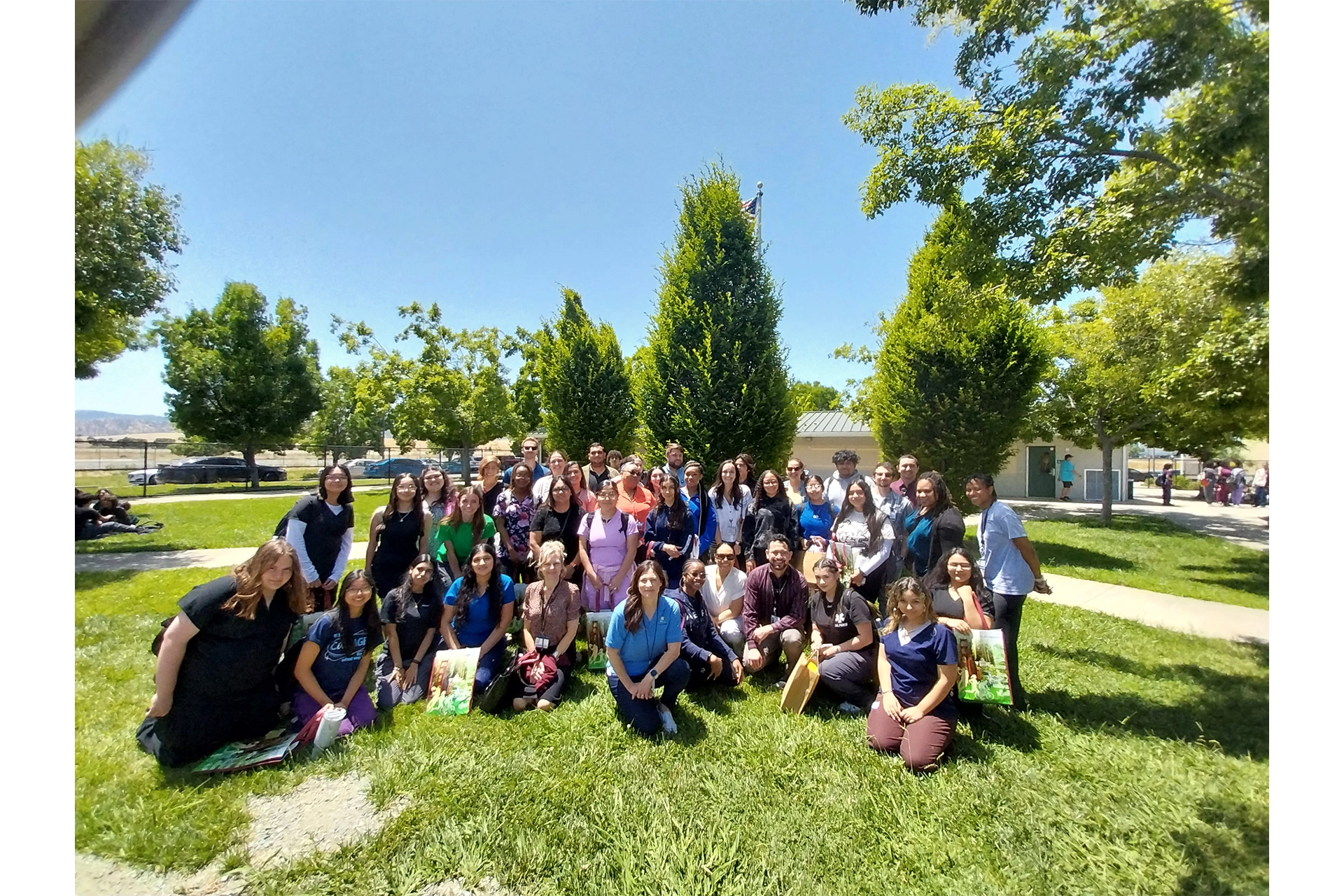The Kaiser Permanente Mental Health Training Program (MHTP) would like to introduce Director of Mental Health Training for the Diablo Service Area (DSA), Margot Green, PhD (she/her) whose local roles include East Bay Consortium Postdoctoral Training Director, Training Director for the Walnut Creek Post Master’s Fellowship and Practicum Externship, and management of the Walnut Creek Internship. Dr. Green came to KP in mid-career, having been a licensed psychologist in a medically-based group specialty practice and staff psychologist turned Assistant Chief in the Drug & Alcohol Rehab Unit at the Palo Alto VA. Her Kaiser Permanente journey as a training psychologist started in 2009 as a group supervisor for post-doctoral residents in the East Bay Consortium and supervisor to interns in our “first generation” internship prior to APPIC membership and APA accreditation. Since then, she has gratefully accepted many other training roles offered to her. Dr. Green also spearheaded the initial APA accreditations for the Walnut Creek doctoral internship training program and contributed Walnut Creek site’s portion of the East Bay Consortium. Dr. Green has managed the DSA Mental Health Training Programs since 2020, and with her tremendous amount of experience in training, she is well poised to assist and encourage others to become training directors throughout the DSA.
Becoming a supervisor and training director has given Dr. Green a different view of the psychological profession and a renewed perspective about the field. Her unique history, thus far, with training programs has given her the opportunity to consider “where our most potent role in healthcare could be (and what was I doing about it)”. She has used this insightful question to help cultivate programs, training opportunities, and educational opportunities for trainees across the DSA. Dr. Green shares that being a supervisor “exposes one’s vulnerabilities”, and she states that “maintaining humility and being open to the feedback loop is what makes it fun to be a supervisor”. Dr. Green encourages her trainees to be prepared to experience all those vulnerabilities and insecurities, even after clearing all the hurdles of becoming a licensed independent professional.
Dr. Green acknowledges that she was “probably born and raised to be a therapist with my position in the family”. Her passion for mental health began early in her academic career, and she knew halfway through college that she wanted to pursue a career as a psychologist. Dr. Green reports feeling amazed at how gratifying and fulfilling this early occupational decision has been for her, appreciating the truly good luck of a decision when she was 19 that has served her so beautifully- alongside other decisions made later as an adult that did not go quite as well! Being a psychologist has brought more “joy and meaning” than she ever would have expected from a career and provided her with flexibility and growth during her own unfolding personal life. Dr. Green expresses pride, respect, and appreciation for her growing network of gifted former trainees, with whom she maintains a connection as she follows their professional development and personal well-being over the years. She has deeply enjoyed matching budding professionals to their training positions and seeing them flourish with fantastic hiring opportunities. She states compassionately that she is “grateful that people still want to enter the helping professions, and they keep showing up after COVID, civic unrest, and all the divisive issues of our time”.
Dr. Green has been given many opportunities with creative license throughout her career due to her impressive work ethic and passion for training and health psychology. In earlier days at the VA, she studied how best to change high risk behaviors among IV drug users; she was also interested in how best to prepare patients (mentally) for medical and surgical procedures. Thus far, of her many career highlights over almost 18 years with Kaiser Permanente, designing a training track for the East Bay Consortium called Maternal Infant Resilience, was truly unique and fostered partnership with “some of the best minds in the organization”. The development of this program was an enormous innovation calling on education, skills, practices, and technical tools that were newly dialed into the Kaiser infrastructure. The program’s trauma informed emphasis on integrated and immediate care, as well as collaboration, prevention, and focus on removing barriers to meet patients where they are is a hopeful role model for future regional programs. DSA launched Health Psychology Services in 2021 and the initial staff members and manager for that team were hired right from the training program. Her inspiration and motivation for the MIR work was inspired originally by her own personal childbirth experiences, then further stimulated by KP and other significant work on Adverse Childhood Experiences and the contemporary pressures to integrate awareness about social determinants of health into our best practices. She states, “the MIR work shows me an example of what is possible working collaboratively in integrated health care, and what I would hope for our next generation. Now let’s see what our data will show for our families”.
In her free time, Dr. Green enjoys hiking and biking, travel, entertaining at home, and cooking “healthy delicious meals or baking wicked desserts” with her husband and visiting with neighbors. She also shares that she has “two super tall and sweet adult children”. Using humor as a countermeasure to the emotional intensity of the work in mental health is something Dr. Green values greatly, and she adds “it pleases me to hear any colleagues laughing out loud or to see them start to smile at a Teams meeting”. Dr. Green also acknowledges that over the years, she has become passionate about wellness for mental health professionals. She elaborates that after years in the field, if she could go back to implement change in another area of the work, “I would have spent time in advocacy and program design for our future mental health providers. Imagining a healthcare delivery system that would be more sustaining, less difficult to get breaks for our bodies including our eyeballs while doing our very important work. I would have liked to be a part of providing a healthier platform for our hard-working therapists.”
Contributed by Dr. Chelsea Vilinskas





